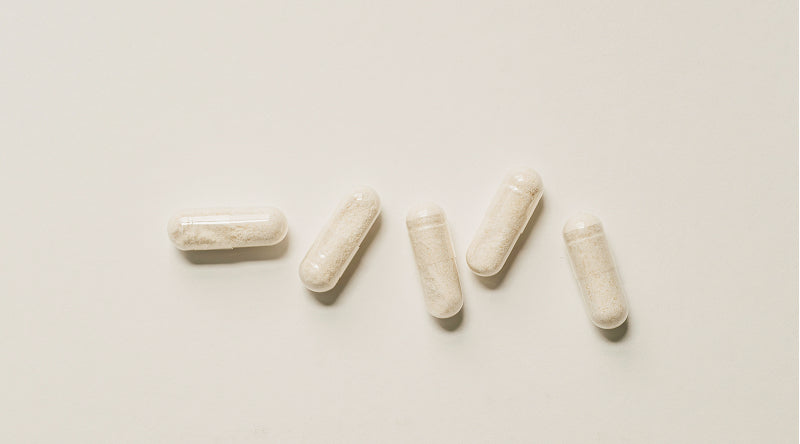Have you ever wondered why some people can drink coffee at midnight and fall asleep like a baby, while others stay awake for hours? It's all in your brain!
Effects of caffeine on the brain
Caffeine acts on a specific type of receptor in the brain, called adenosine receptors. These receptors regulate your sleep-wake cycle. When caffeine binds to these receptors, it blocks adenosine, a chemical that promotes sleep. The result: you feel more awake and alert.
Genetic variability and sensitivity to caffeine
We're not all equal when it comes to the effects of caffeine. Caffeine sensitivity varies from person to person based on genetics. Here's why:
- Increased sensitivity : If you have adenosine receptors that are very sensitive to caffeine, even a small cup of coffee in the evening can keep you awake for a long time.
- Reduced sensitivity : If your receptors are less sensitive, you can probably drink coffee before bed without it disrupting your sleep.
Why this difference?
The difference in caffeine sensitivity is due to genetic variation. This explains why some people can enjoy a late-night espresso and fall asleep without any problem, while others must avoid all forms of caffeine after the afternoon to hope for a good night's sleep.
If you generally have trouble falling asleep or do not get restful sleep:
Discover our Magnesium-Zinc-L-theanine complex
Read more

The thyroid plays a vital role in regulating your metabolism and energy. Along with any medical treatment, adopting natural measures can support your thyroid health. Before making any changes, alw...

Did you know that looking at your phone before bed could make you gain weight? That's what a recent study published in the journal Diabetologia reveals. This research, led by Dr. Yu Xu and his coll...







